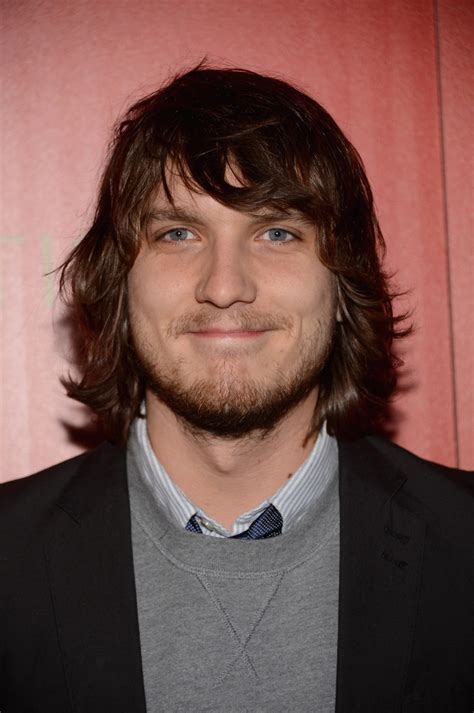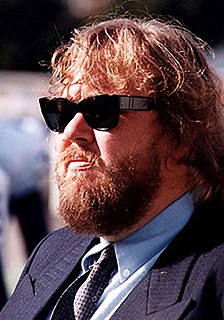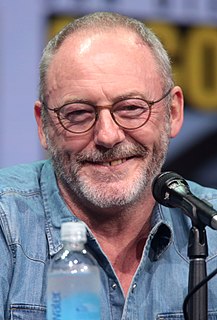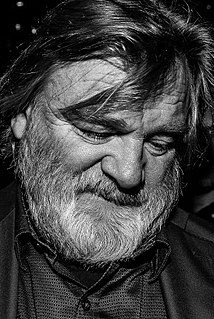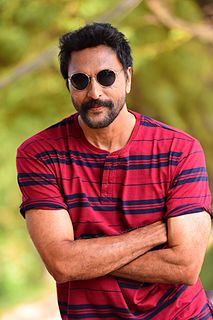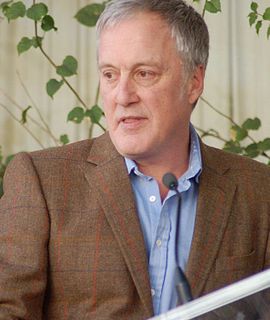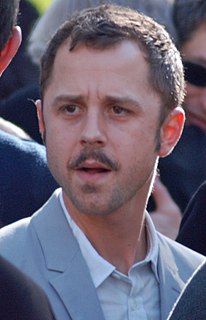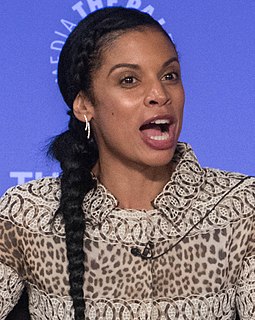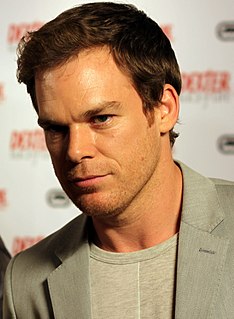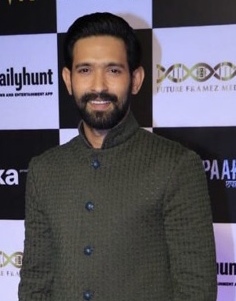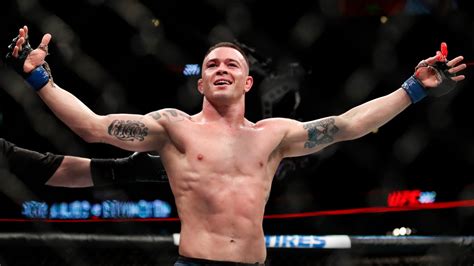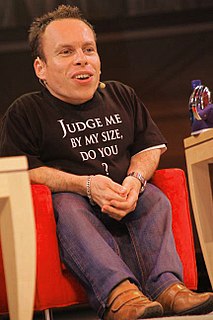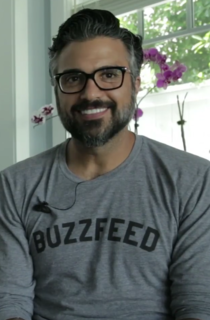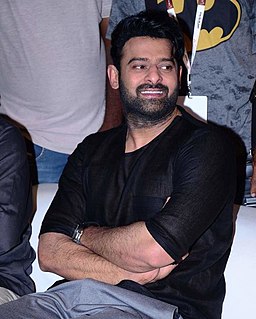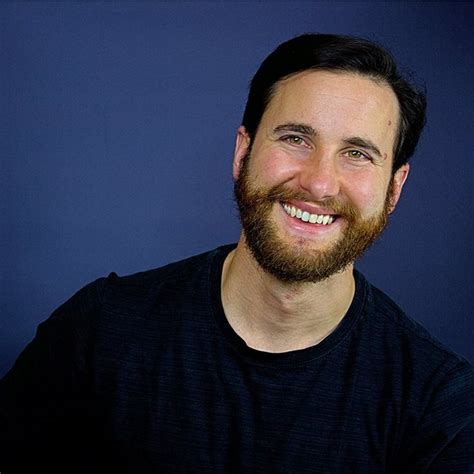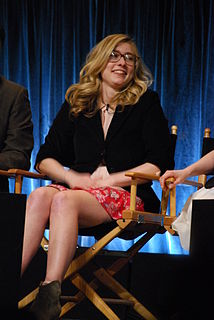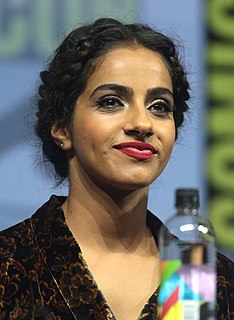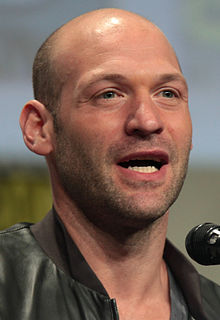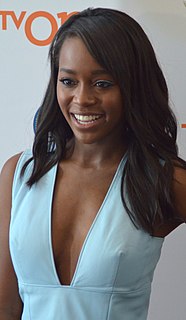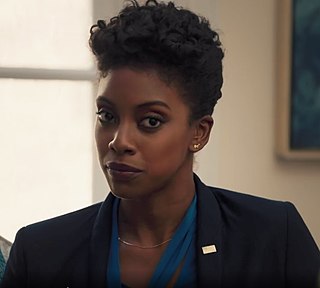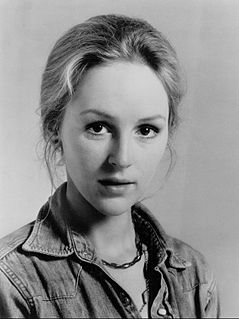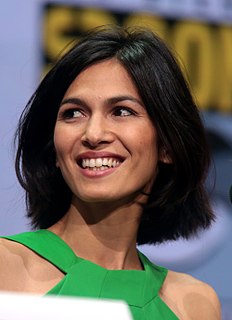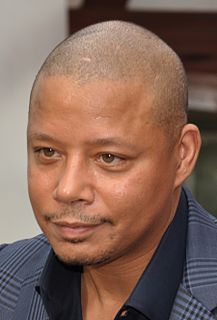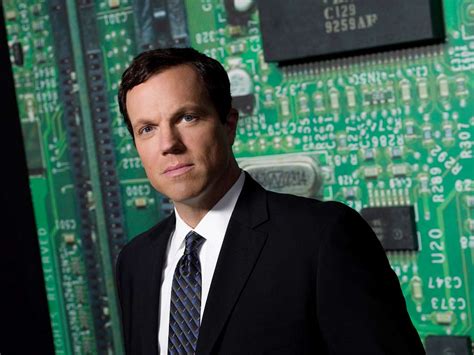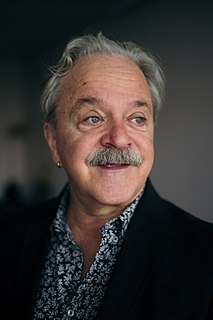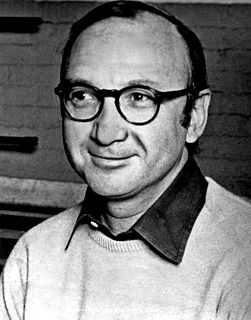Top 1200 Character Actor Quotes & Sayings - Page 15
Explore popular Character Actor quotes.
Last updated on December 5, 2024.
Stage is so important because it teaches me how to convey character with words - how to convey how a character reacts by the way they appear on stage. I can usually tell a playwright from someone who has never written for the stage. Did the character work? Did the dialogue reveal who the character is?
A lot of the challenge with TV, as opposed to making movies, is that you have to leave room for the characters in the story to tell themselves. Sometimes you don't know where a character is going to go and what's going to happen to them until you've seen the actor take that part and make it their own.
The director is the most important because, ultimately, as an actor, when you watch a movie, it looks like an actor is giving a performance, and they kind of are. But, what's actually happening is that an actor has given a bunch of ingredients over to a director, who then constructs a performance. That's movie-making.
I don't care if you hate me or if you like me, as long as somebody gives me a character that is really a character to play. It's fun to be able to have a character and have a director that can direct you into a character. I'm just so happy that I got a good role. I don't care if it's bad or if it's good, and I don't care if it's drama or comedy. They are just so rare to come across.
We build character in order for us to withstand the rigors of combat and resist the temptations to compromise our principles in peacetime. We must build character in peacetime because there is no time in war. Character is the most important quality you can find in any person, but especially in a soldier. It is the foundation that will get anybody through anything he may encounter. Reputation is what people think you are; character is what you are- that is the staying power.
When writers don't know what to do with a character, they build up the supporting cast and universe to kind of hide that fact. After a while, you can no longer see the character for the underbrush. When that happens, you need to bring out the weed-whacker to clear some of that away so you can focus on the main character.
When I'm in Los Angeles, sometimes I hesitate saying that I'm an actor because people are like, 'Of course you are.' And I'm like 'No,' not, 'Of course I am.' In L.A., being an actor is like a pastime: everybody there is like, 'I was on this reality show; I'm an actor.' It becomes a word that is loosely thrown around.
Musically, though, you're a character and you're singing a song. If you're not your own character, you're the character in the song, most of the time. Even blues musicians, a lot of them who were the most realistic, at times, they were singing a song and portraying a character in the song. There's something to be said for getting involved in the emotion of a song, too, with the characters.
I have an occasionally recurring stutter, but not when in character on stage in a play. Odd. James Earl Jones has the same pattern; he stutters in everyday life but not when acting. Preparation requires an actor's concentration to make the words belong to another person, which is its own sort of trance.
I've been lucky that even when I was younger, just because of my look or whatever, I was afforded the opportunity or called on to try. 'Can you do this Hispanic character?' 'Can you do this Italian character?' 'Can you do this Jewish-American character?' I just had to develop a facility for their accents.
